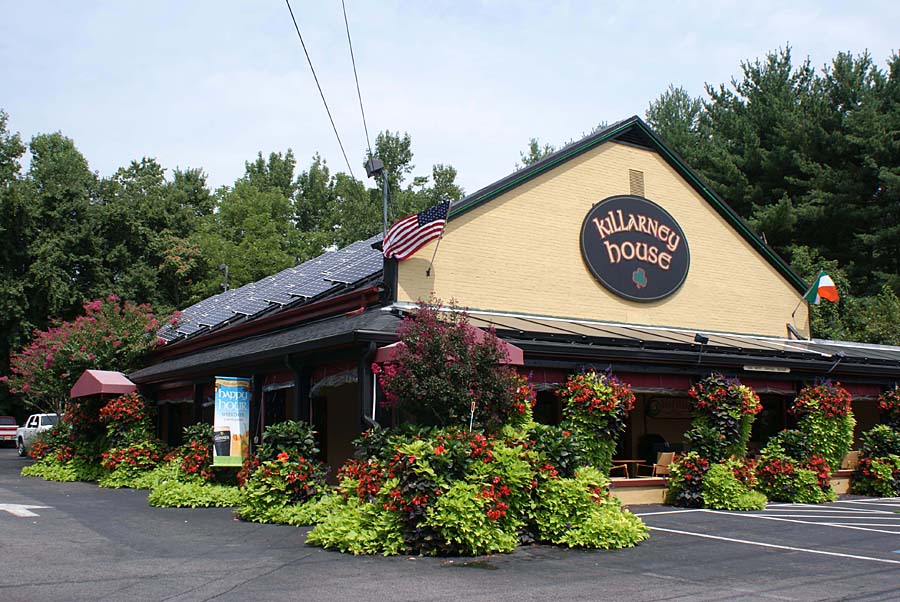Killarney House Fundraising Dinner
Hosted by Robert Burns Society of Annapolis
- Monday, September 23, 2019 at 5 PM – 9 PM
- Killarney House Irish Restaurant and Pub
584 W Central Ave, Davidsonville, Maryland 21035
Please call the restaurant (410-798-8700) to make reservations and Mention Robert Burns Society!

What else happened on that day? (like we needed a reason to eat…)
September 23, 704: St Adamnan died. St Adamnan was the successor to Columba as the Abbot of Iona and, in about 690, he wrote ‘Life of Columba’ which described in detail the life of his predecessor, many of them crediting Columba with performing miracles. As such Adamnan helped to establish the cult of Columba.
Although he is primarily remembered as Columba’s biographer, he seems to have had a large impact on the spread of Christianity, particularly in the Pictish lands of the North East. He also drew up the ‘Law of Innocents’ which attempted to protect women, children and those in Holy Orders from war. Iona Abbey Admanan managed to get this agreement signed by the Irish Kings as well as those of the Dalriada and Picts. In his time, he was probably as important as Columba, but by so effectively establishing the historical reputation and cult of Columba, his contribution is now somewhat overlooked.
September 23, 1678: The Earl of Mar was commissioned to raise a regiment nicknamed “Earl of Mar’s Gray Breeks” which later became the Royal Scots Fusiliers.
September 23, 1779: The Battle of Flamborough Head takes place off Yorkshire between ships of the American Continental Navy commanded by John Paul Jones and Royal Navy ships protecting a merchant convoy.
September 23, 1880: John Boyd Orr, Nobel Peace prize winner in 1949, was born in Kilmaurs, Ayrshire. Orr studied at Glasgow University before being appointed as director of a nutritional research unit near Aberdeen.
However, when the war broke out Boyd Orr joined the army, where he won the MC and the DSC before joining the Royal Navy. He was an advisor to the government on nutrition during the Second World War, and in 1945 he was appointed Director-General of the Food and Agriculture Organisation of the United Nations. He argued for an international food policy based on need rather than trade but failed to persuade the FAO to set up an international body to supervise food production. Orr was knighted in 1932, granted a baronety in 1949 and awarded the Nobel Peace Prize in 1961- only the second awarded to a Scot.
